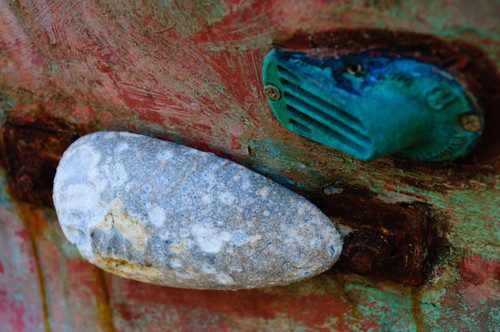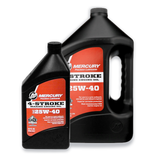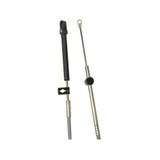Choosing the Right Anodes Material Your Boat
Marine anodes, also known as sacrificial anodes or cathodic protection anodes, are essential components used to protect metal structures in marine environments from corrosion. These anodes are made of metals that have a higher electrochemical potential than the structures they are intended to protect. When connected to the metal structure, they corrode sacrificially, preventing the corrosion of the protected structure. Here are some common types of metals used for marine anodes:
- Zinc Anodes:
- Purpose: Zinc is one of the most common materials used for marine anodes. Zinc anodes are particularly effective in protecting steel structures in saltwater environments. They are commonly used on boat hulls, propellers, rudders, and other submerged metal components.
- Aluminum Anodes:
- Purpose: Aluminum anodes are also widely used in marine applications, especially in freshwater or brackish water environments. They are effective in protecting aluminum structures as well as other metals. Aluminum anodes are often used in heat exchangers, outboard engines, and other submerged equipment.
- Magnesium Anodes:
- Purpose: Magnesium anodes are primarily used in freshwater environments. They are effective in preventing corrosion on structures like water heaters and in freshwater cooling systems. However, magnesium anodes are not suitable for saltwater applications as they may corrode too quickly.
The choice of the specific type of marine anode depends on factors such as the type of water (saltwater or freshwater), the materials of the structures being protected, and the environmental conditions. Regular inspection and replacement of sacrificial anodes are crucial to maintaining effective cathodic protection for marine structures.
Recent Posts
-
Choosing the Right Anodes Material Your Boat
Marine anodes, also known as sacrificial anodes or cathodic protection anodes, are essential compone …20th Feb 2024 -
MerCruiser I/O & Inboard Oil Capacity Guide
We do our best to make suggestions, but please double check your owners manual before making a purch …30th Jan 2024 -
Mercury Gen 1 vs Gen 2 Control Cables - How to tell them apart.
The end that goes to the motor is the same for both cables. Gen 1 cables have a barrel shaped stoppe …30th Jan 2024




